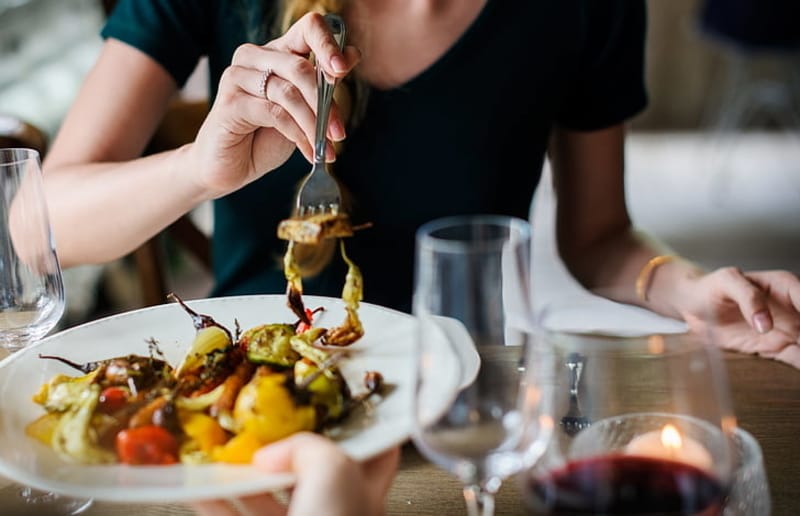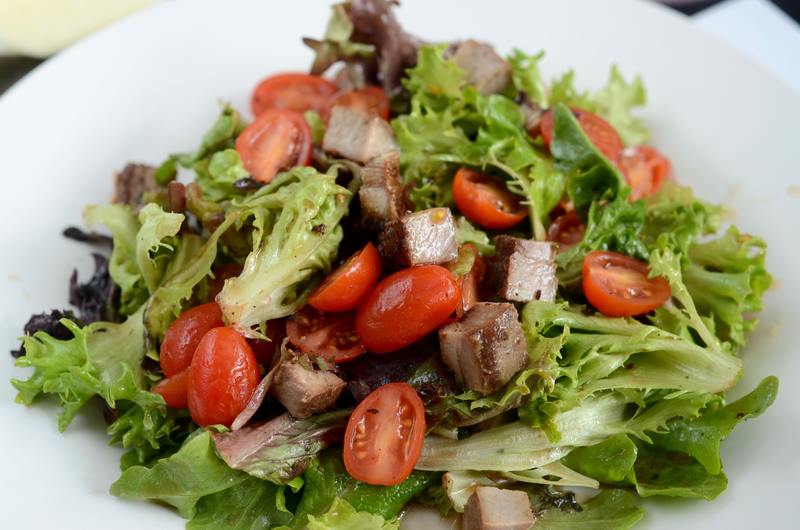The science behind understanding how COVID-19 spreads is ever-evolving and even though we don’t know everything about this virus, we have a general picture of how to prevent its spread. We’ve been told that masks, social distancing and avoiding large gatherings can slow the spread, but should Certified Food Protection Managers be doing anything to prevent the spread of the COVID-19 through the food we produce in restaurants and other food production businesses?

Certified Food Protection Managers and COVID-19 Spread Via Food
In the early days of the pandemic, researchers had suggested that the risk of transmission through food was small, and a more recent study completed by the International Commission for Microbiological Specification for Foods seems to finally give us some good news on the COVID-19 front by claiming that there may not be a food safety hazard when it comes to the Coronavirus.
These findings are great news for certified food protection managers. As restaurants reopen, they now have the added responsibility of enforcing local health guidelines on top of their other duties, so it takes some pressure off knowing there’s very little chance of the spread of COVID through their food product.
The ICMSF’s study shows that since food enters the human body through the gastrointestinal tract, COVID-19 shouldn’t be considered a food safety hazard since the coronavirus’ method of infection involves contaminated air entering the lungs. According to the study, there has been no substantial evidence of cases of COVID-19 that can be traced back to food. The current theory is that traces of COVID-19 on food and food packaging will lose viability over time and even if the virus were to be consumed with food, it would be destroyed in the digestive process before reaching the bloodstream.
These findings don’t mean CFPMs can relax when it comes to food safety in the kitchen or coronavirus prevention measures. We should still be vigilant in keeping our food safe from all pathogens and providing a healthy dining environment for our guests.
Are you concerned that food may contain a hidden COVID-19 risk?

